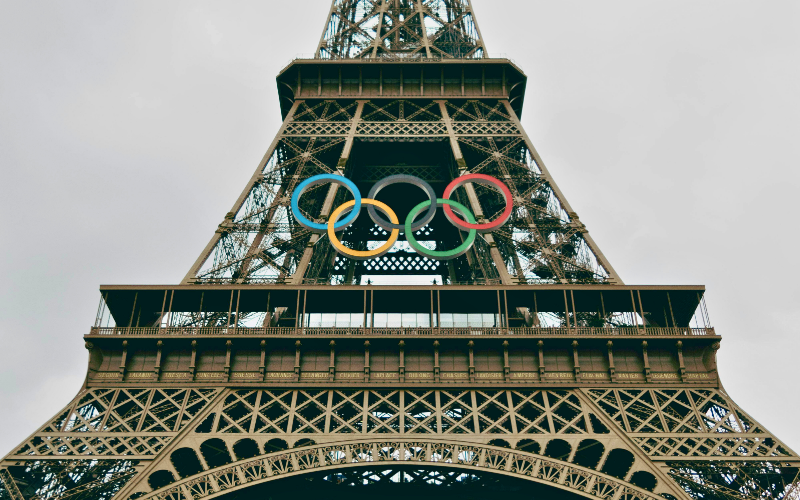Technology on the Field: Why Sports Are a Testbed for the Future
When the world tunes into the next Olympics, millions of viewers won’t just be watching athletes break records - they’ll also be witnessing technology reshape the very experience of the Games.
Next year, AI is expected to help organizers of February’s Winter Games in Italy streamline the labor-intensive contingency planning and scheduling required to handle unpredictable snowfall. Organizers of the 2028 L.A. Summer Games anticipate using AI to handle the scheduling and logistics of dozens of sports hosted throughout Southern California, as well as additional competitions in Oklahoma City.
These advances are changing the way we understand performance, decision-making, and even fairness in competition.
"For me, it is, 'How can we actually use AI to help the operations of the games globally?'"
-Ilario Corna, Olympics CIO and CTO
The stakes are high. In Paris, for example, AI helped broadcasters slice 11,000 hours of footage into over 100,000 customized highlight clips in real time. What once took 20 minutes - creating a multi-angle 3D replay - now takes seconds. Viewers gained sharper insights into athletes’ movements, while coaches and competitors gained new data to refine training.
Why it matters beyond the Games: sports have always been a proving ground for real-world technology. Instant replay, wearable performance trackers, and now AI-assisted analytics - each breakthrough in sports eventually finds its way into other industries, from healthcare to entertainment to workplace tools.
For students, these real-world applications highlight how AI transforms abstract concepts into concrete lessons. Tracking a hurdler’s steps between barriers illustrates biomechanics and data analysis in action. Using digital twins of stadiums to reduce site visits demonstrates how simulation technology can save energy and resources. Even diagnosing a drifting remote camera near the Eiffel Tower underscores the role of automation and machine learning in problem-solving. What might seem like behind-the-scenes logistics at the Olympics can, in a classroom, become compelling examples of physics, engineering, and computer science brought to life.
As Axios notes in the piece "Exclusive: Olympics have big AI plans," reminds us that technology isn’t the story itself - it’s the medium that is helping us tell richer stories of human potential. The same lesson applies to education: when learning is tied to the real world, it sticks. Abstract skills gain relevance. Sports, with their universal appeal and cultural resonance, provide a powerful entry point for young people to see how effort, data, and innovation intersect.
The future of sports and of work will increasingly be shaped by tools like AI, digital twins, and real-time analytics. The challenge ahead is not deciding whether these technologies belong, but ensuring that the next generation is prepared to use them, question them, and ultimately shape the game itself.

